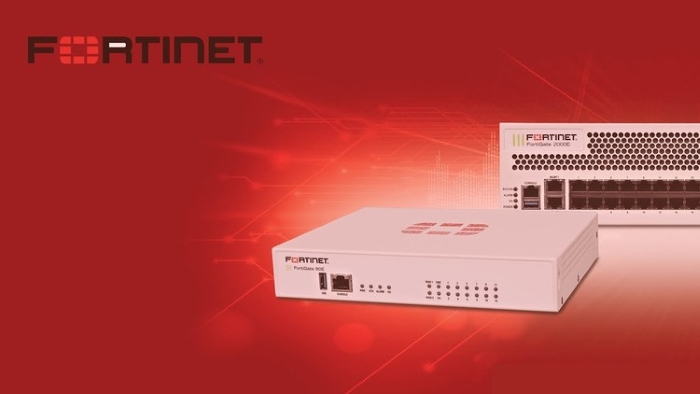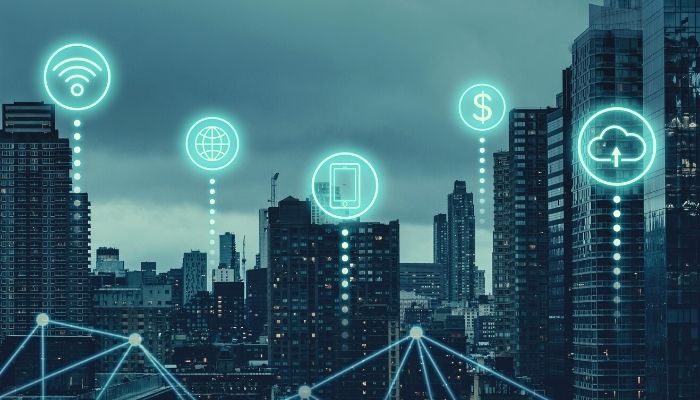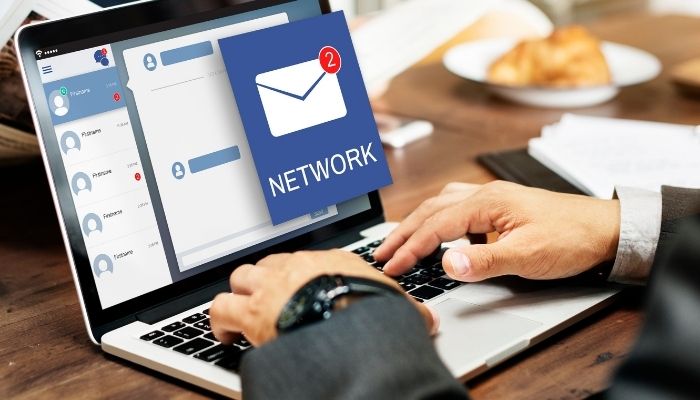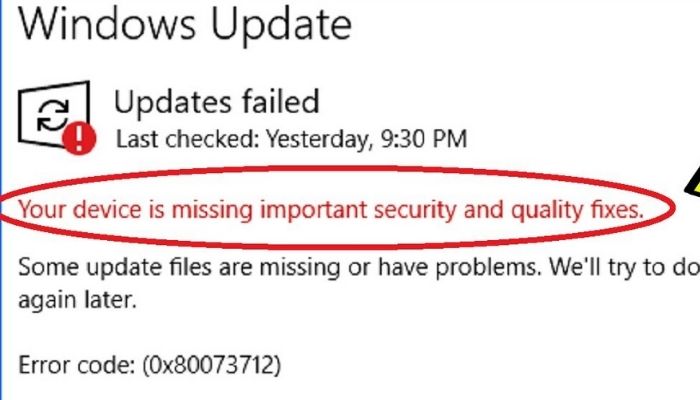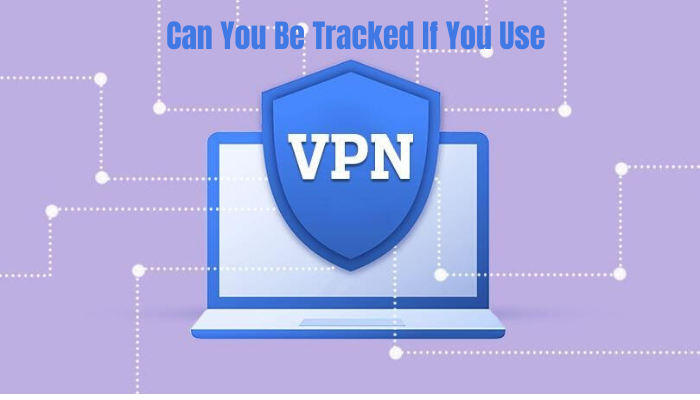
VPN, short for Virtual Private networks help you browse the internet anonymously. But to what extent? A VPN can be used to access blocked sites like if you can’t access a site because it’s not available in your country, you can use a VPN to access it. Using a VPN is quite simple.
All you have to do is select the region you want to browse in, for example, if you want to access an American website that isn’t available in your country, just choose an American server, and you’ll be able to access it, although that’s not the only thing VPNs are used for.
People also use VPNs to hide their network traffic from others, but that only works on people connected to the same LAN. Whether you use it to browse anonymously, or to do your “research”, keep reading to find out the answer to the question: “Can you be tracked if you use a VPN?
What exactly is a VPN designed for?
VPNs, or “Virtual Private Networks” are designed to boost your anonymity, allowing you to protect your privacy while surfing the internet, but not all of them hide your identity completely. In fact, only paid VPNs shield your identity completely. There are some VPNs like “TurboVPN” that offer complete protection of your identity, but they can be tedious to use with the abundance of adverts they show you.
The sole purpose of VPNs is to maintain your privacy, and increase anonymity while surfing the internet, and what most people use it for. Of course, there are those who only use to do “research”. If you’re old enough, you probably get what that means.
Anyways, coming back to the topic, VPN service providers do claim that they offer complete privacy, but oftentimes, that’s not the case. Especially not with the free versions. Of course, you
can purchase the premium versions, but not everyone has the resources, or the need to buy the premium memberships VPN service provides like “NordVPN” offer.
Even with those, you can still be tracked. By that we don’t mean by a 16-year-old that wants to mess with you, we mean you can be tracked by the authorities.
To what extent does a VPN protect your privacy?
VPNs offer privacy and security while surfing the internet. It’s what they’ve been designed for in the first place; to protect the identity of users while browsing the internet. But to what extent?
While using a paid VPN, you can only be tracked by the VPN service provider, no one else. The same cannot be said for free VPNs. At most, they’ll protect your network traffic from people connected to your LAN network, but those that do protect your privacy completely, do so by running an abundance of adverts to generate their revenue.
At most, all VPNs hide your search history from your ISPs, by encrypting the traffic from your device. Thus, your ISP isn’t able to access your search history, instead, your ISP will see a stream of encrypted data moving between your device and the server of your VPN.
What a VPN does is encrypt the date of a file before it’s sent to you, keeping an ISP, or anyone else from being able to see what you’re doing. That doesn’t apply to your IP address as that can still be tracked. Although, most people will see the IP address of your VPN server.
Does a VPN guarantee anonymity?
In simple words, no, a VPN does not guarantee anonymity. VPNs hide your web activity when your computer’s connecting to a website via the internet, but the website or the VPN itself may violate that privacy. Various websites use cookies to store information, so they’re able to leak your information, leaving a VPN powerless to do anything about it.
You may have seen various VPN service providers promising complete anonymity in their adverts, but in certain situations, that’s hard to provide. Some of the tools used by a VPN may allow it to access confidential information on your PC.
Although a VPN does use a no-logging policy, sometimes it just can’t operate a server without keeping logs as a few missing records can cause problems when it tries to tackle DNS issues and troubleshoot connections. And a VPN service provider can easily track you, and can even provide your personal information to the government if you’re violating any laws.
Every VPN service provider operates a set of rules and regulations and providing your information to the government may be part of it, and some even use servers provided by third-parties, making it even harder to operate without keeping logs. Even if they don’t, the third-party may just do it.
Does using a VPN really mean you’re untraceable?
As mentioned above, that’s not the case with all VPNs. Oftentimes, it’s only paid VPNs that provide complete anonymity. So if you use a free VPN, there’s a possibility that your IP can still be tracked. That’s especially the case with VPNs that use servers provided by third-parties.
Countries like the U.S. require that their VPNs keep a track of your activities in case you’re not abiding by the laws, so if needed, VPNs can give your information to the authorities. But there
some VPNs that offer the utmost privacy. For example, NordVPN does not share any of your information with the authorities, nor does their VPN gain access to your personal information thanks to their strict no-logging policy.
Conclusion:
To answer your question: “Can you still be tracked if you use a VPN?”, yes you can. Your VPN service provider can still see your IP address, and share it forward, if necessary. Although most paid VPNs don’t do that and follow a strict no-logging policy, but at times, a VPN can’t keep your data hidden from people that aren’t connected to your LAN network.
Read More: How To Protect Yourself From 5G

